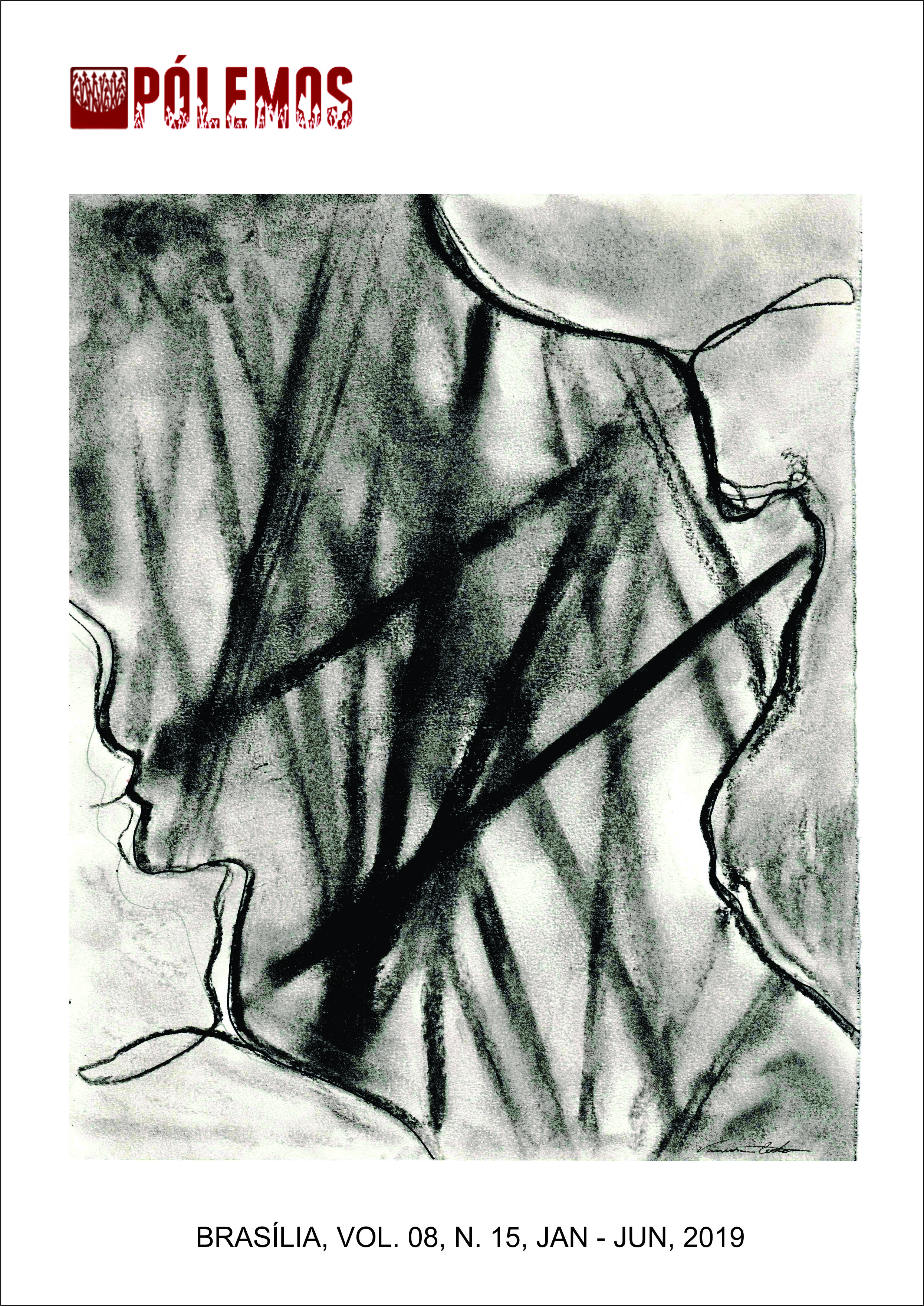SILENCE AND SOLITUDE: SOME QUESTIONS ABOUT MORAL PHILOSOPHY IN HANNAH ARENDT
DOI:
https://doi.org/10.26512/pl.v8i15.23877Keywords:
Hannah Arendt. Moral. Banality of Evil. Thinking.Abstract
Hannah Arendt’s essays and lessons compiled in the work Responsibility and Judgment are the guiding principle behind this paper, which intends to address certain moral issues recovered by the author after the publication of Eichmann in Jerusalem ”“ A Report on the Banality of Evil. Taking as focus the relation of the human being to himself, in other words, the silent relation characteristic of the individual who thinks, the author presents the thesis under which, even in the absence of others, the individual is not totally alone, as he shares of himself. Taking this premise into consideration, Arendt affirms that the greatest evil, examined in her work Eichmann in Jerusalem, is committed by the one who refuses to think, or yet, the one who no longer recognizes himself as his own interlocutor, abandoning himself and no longer being incurred as somebody.
Downloads
References
ARENDT, Hannah. A condição humana. 12ª edição, 2ª reimpressão. Rio de janeiro: Editora Forense Universitária, 2015.
ARENDT, Hannah. Eichmannem Jerusalém: Um relato sobre a banalidade do mal. 17ª reimpressão. São Paulo: Companhia das letras, 1999.
ARENDT, Hannah. Origens do totalitarismo. São Paulo: Companhia das letras, 2012.
ARENDT, Hannah. Responsabilidade e julgamento. São Paulo: Companhia das letras, 2004.
ASSY, Bethania. Ética, responsabilidade e juízo em Hannah Arendt. São Paulo: Perspectiva, 2015.
CORREIA, Adriano. Arendt e Kant: banalidade do mal e mal radical. Argumentos, ano 5, n. 9 ”“ Fortaleza, jan./jun. 2013.
CORREIA, Adriano. Hannah Arendt e a modernidade: política, economia e a disputa por uma fronteira. Rio de Janeiro: Forense Universitária, 2014.
CORREIA, Adriano. Transpondo o abismo: Arendt entre a filosofia e a política. Rio de Janeiro: Forense Universitária, 2002.
DUARTE, André. A dimensão política da filosofia kantiana segundo Hannah Arendt. In: BEINER, Ronald (org.). Lições sobre a filosofia política de Kant. Rio de Janeiro: Relume-Dumará, 1993.
DUARTE, André. O pensamento à sombra da ruptura: política e filosofia em Hannah Arendt. São Paulo: Paz e Terra, 2000.
Downloads
Published
How to Cite
Issue
Section
License
Copyright (c) 2019 PÓLEMOS ”“ Revista de Estudantes de Filosofia da Universidade de Brasília

This work is licensed under a Creative Commons Attribution-NonCommercial-NoDerivatives 4.0 International License.
Todos os trabalhos que forem aceitos para publicação, após o devido processo avaliativo, serão publicados sob uma licença Creative Commons, na modalidade Attribution-NonCommercial-NoDerivatives 4.0 International Public License (CC BY-NC-ND 4.0). Esta licença permite que qualquer pessoa copie e distribua a obra total e derivadas criadas a partir dela, desde que seja dado crédito (atribuição) ao autor / Ã autora / aos autores / às autoras.


